Angular, creative jazz that balances group interaction with open space for each musician to express their individual voices. Pianist Russ Losing, saxophonist-bass clarinetist Oscar Noriega and drummer Satoshi Takeishi energize compositions by guitarist and session leader Gordon Grdna, in the group’s second outing for Songlines.
– Mark Werlin, AllAboutJazz
Juno award-winning guitarist/oud player Gordon Grdina and his Jazz Quartet “continue to passionately explore the depths of jazz improvisation, cross-cultural fusions and the fun that comes with cutting loose” (Stuart Derdeyn, Vancouver Sun). On Cooper’s Park, the second release by his wildly eclectic NY jazz-rock quartet again combines intricate, through-composed counterpoint with the ebb and flow of dynamic yet focused improvisation.
As inspiration Grdina namechecks Bartok and Webern, Ornette Coleman, Paul Bley and Tim Berne, as well as Soundgarden for its energy and logical construction of ideas. His bandmates have decades of experience with avant jazz and beyond. Oscar Noriega is a member of Berne’s Snakeoil and co-leads Endangered Blood with Chris Speed, Jim Black and Trevor Dunn. Russ Lossing performed with Paul Motian for 12 years and has released numerous recordings of his own music, from solo piano to quartets. Satoshi Takeishi has performed with everyone from Rabih Abu-Khalil to the Bogota Symphony Orchestra, striving for “connection beyond genre and contrasting elements, in quest for the essence.”
Grdina’s distinctive approach to cross-genre playing and composing draws together elements that you wouldn’t expect to hear together. For example, piano and oud improvise a spacey, knotty duet on the 15-minute piece “Wayward.” Grdina’s unique, virtuosic style of oud playing, though based in a thorough understanding of Arabic classical and folk music, liberates the instrument to explore textures and melodic territory far removed from tradition. Likewise his guitar style draws on deep jazz roots, combining them with a full-on punk intensity and challenging structures at the outer reaches of tonality.
The roots of this group go back to Grdina’s debut recording, Think Like the Waves (Songlines, 2006) featuring his mentor Gary Peacock and Paul Motian: “There are very specific through lines that are present in this ensemble, with varied histories adding up and connecting and creating more places to reference or go to. I don’t really compartmentalize well, and everything developed for one aspect of my life seeps into the others, creating something more holistic and fluid. The most planned aspect of my development and direction is definitely in picking the musicians. Once that’s done everything else takes care of itself and the ideas start coming. I’m a firm believer in keeping things fluid and open.”
“Everyone has a deep affinity for Paul Motian as well as Gary Peacock, Paul Bley and that stream – not that this is exclusive to them of course, but there is the highest regard given to listening and openness. Even though this music is more directed compositionally, louder, and includes a wider stylistic range, the underlying highest priority is listening. That gives each person the freedom to contribute their individual expressions while maintaining the group sound. There’s an unbelievable amount of technical ability with these musicians that presents itself in the most beautiful way, giving life to very difficult music while maintaining a sense of joy and playfulness.”
Gordon Grdina Quartet
Gordon Grdina, Guitar & Oud
Russ Lossing, Piano, Rhodes & Clavinet
Oscar Noriega, Alto Sax & Bass Clarinet
Satoshi Takeishi, Drums
Tracklist
Please note that the below previews are loaded as 44.1 kHz / 16 bit.Total time: 01:08:03
Additional information
| Label | |
|---|---|
| SKU | SGL16302 |
| Qualities | DSD 512 fs, DSD 256 fs, DSD 128 fs, DSD 64 fs, DXD 24 Bit, WAV 88.2 kHz, FLAC 96 kHz |
| Channels | |
| Artists | |
| Composers | |
| Genres | |
| Original Recording Format | |
| Recording Location | Afterlife Studios, Vancouver |
| Recording Engineer | John Raham |
| Mixing | John Raham |
| Mastering | Chris Gestrin |
| Analog to Digital Converter | Lynx Aurora |
| Release Date | September 12, 2025 |
Press reviews
All About Jazz
The fact that the group feels as centered and focused in the less structured moments as the more scripted ones is a testament to the players’ mutuality and shared sense of purpose….Grdina limits his oud playing to “Wayward,” the last of the album’s longer tracks, and it offers some of the most beautiful playing on the record. The first half of the piece possesses the restrained give-and-take that emerges during the most open segments of the other tracks, with compelling moments of lyricism from Grdina, while the second half has a much more idiomatic feel and a decidedly Middle-Eastern groove, but with Noriega’s howling bass clarinet reminding us that this is music with some definite roots in avant-jazz….Grdina has a lot to say, and he’s fortunate to have such a terrific band with which to say it.
All About Jazz
Group interaction is the law of the land, and this quartet, rounded out by the subtle muscle and rippling snare of drummer Satoshi Takeishi, is well-versed in that proviso, having first applied the frenetic aesthetic in 2017 on Grdina’s attention-grabbing Inroads (Songlines). It’s there the course was set for the five Grdina thought extensions that become Cooper’s Park. “Benbow” moves through deep space improv before sledding into an intensified full bore climax. Noriega breathes life slow and intently into “Seeds II” before Takeishi, ala Rashied Ali, concusses low as Lossing’s ringing Fender Rhodes and biting clavinet join Grdina’s phase-shifting Frank Zappa-like solo into a somewhat unsettling, yet impossible to turn away from, performance. And that’s only half way through the track.
Jazztrail
The unique and interdisciplinary vocabulary of Canadian guitarist/oud player Gordon Grdina can be fully enjoyed on his new quartet album Cooper’s Park, the excellent follow-up to Inroads….Grdina’s compositional eclecticism hits active crossroads that have the power to ground us to the avant-jazz realm in a way, and simultaneously transport us to [other] worlds and cultures. The patiently layered “Seeds II” fuses some folk esprit wrapped in wha-soaked keyboards with rock tenacity, using hot/cold routines to challenge dynamics. It expresses a wide range of emotion that reflects the musical vision of the composer….Grdina and his peers explore their instruments with passion, giving the appropriate direction to an admirable sonic conception.
DownBeat
The title track acts like a would-be suite, loaded with swerves, pouncing straight into a dense, winding theme with guitar, alto saxophone and piano inseparably entwined. After this opening rush, everything disintegrates into a spacious probing. Halfway through the track’s 18-plus minutes, a heavy riff grows, with saxophonist Oscar Noriega passionately soloing. A move from rigorous angularity to sombre reflection—and then right into headbanging—illustrates how Grdina infuses his work with weight, thrust and dynamism.
The Whole Note
There are just five tracks here, four of them together stretching to an hour and filled with both controlled evolutions and vigorous improvisation. That focus on group interaction results in Grdina’s strongest recording to date, whether he’s emphasizing formal coherence, insistent intensity or both. The 18-minute title track sets a fluid standard for the program, generating episodes from lambent reverie to pensive conversation to pitch- bending wails. There’s a special link between Grdina and Lossing everywhere here, blurring their identities on lyrical near-acoustic flights or matching distorted guitar with the harsh electric edges of Lossing’s clavinet (a keyboard that served to launch some of Sun Ra’s stellar travels). Noriega is an inspiring presence, generating rapid coiling lines at once raw and adroit on both alto saxophone and bass clarinet, while Takeishi’s complex drumming can unite impetus and commentary.
Only logged in customers who have purchased this product may leave a review.

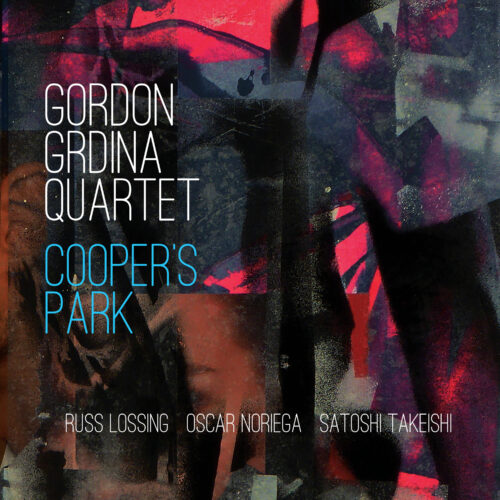
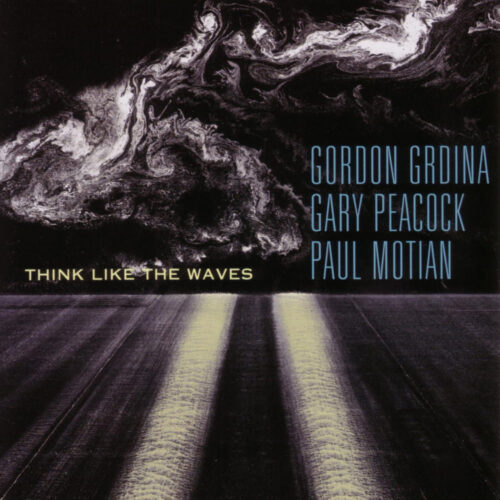
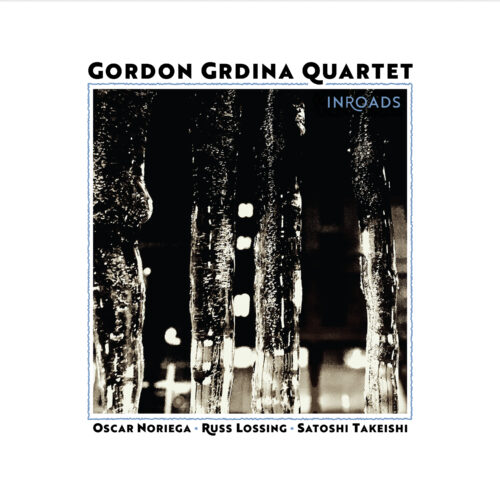
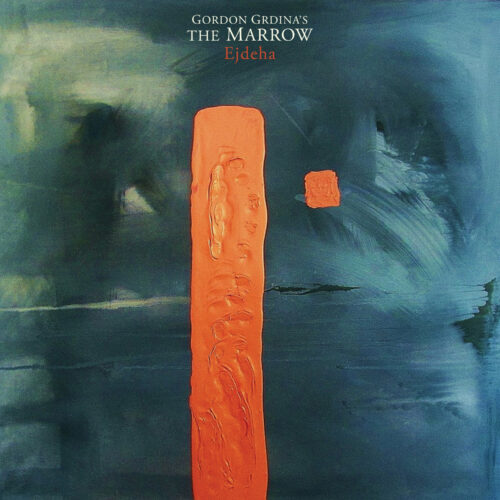
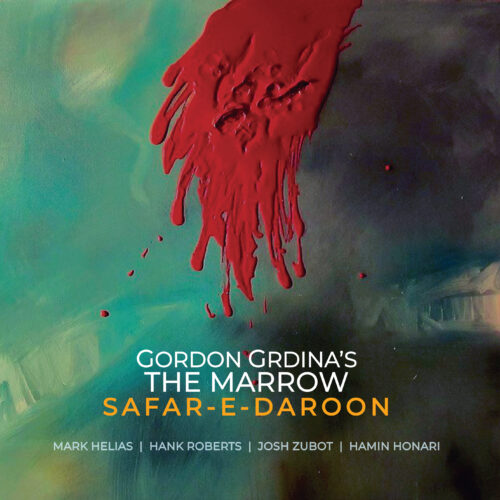
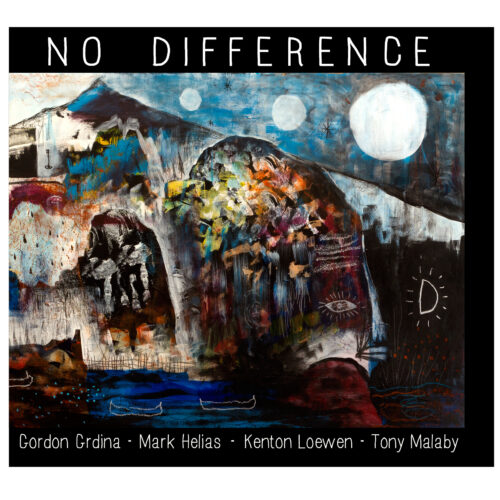
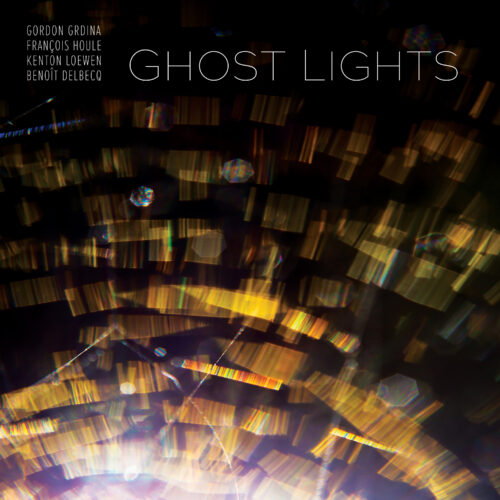
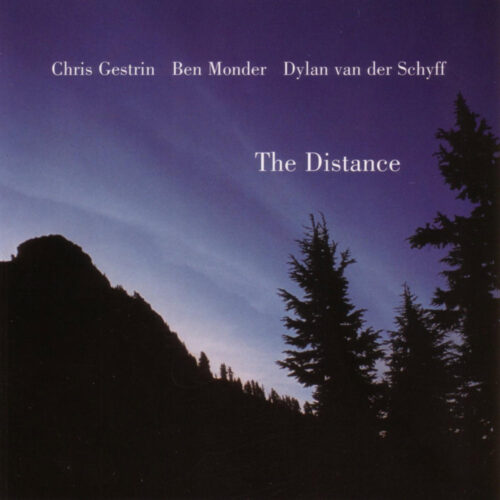
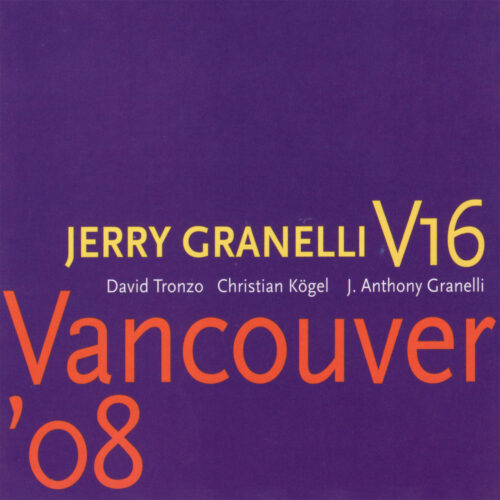
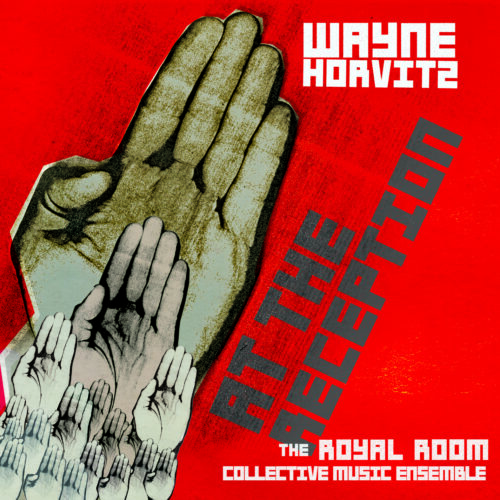
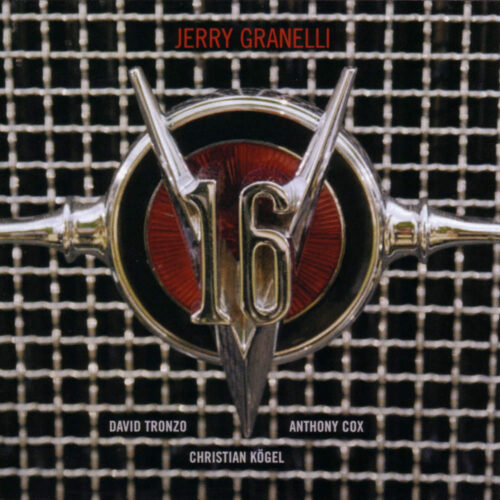
Reviews
There are no reviews yet.